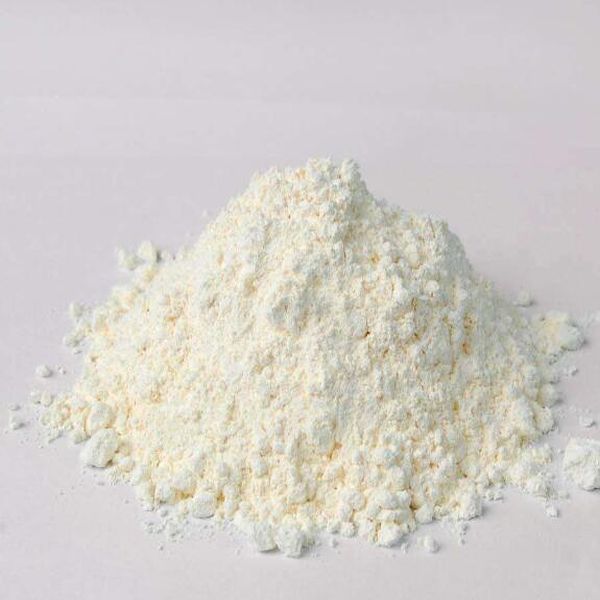The “secret” of Bulgarian longevity — Lactobacillus bulgaricus
Lactobacillus bulgaricus and Streptococcus thermophilus are both normal intestinal flora of healthy people and can grow and reproduce in human intestines. It can directly supplement the normal physiological bacteria of the human body, adjust the balance of intestinal flora, and inhibit and remove bacteria in the intestine that are potentially harmful to humans. What S. thermophilus and Lactobacillus bulgaricus live bacteria actually work on the human body is their milk fermentation products and substrates. These substances enter the human body, which can promote the proliferation of beneficial bacteria into the body, inhibit the reproduction of the harmful bacteria, and play a role in intestinal rectification and antibacterial.
Secondly, yogurt can inhibit the propagation of pathogenic bacteria and spoilage bacteria in the intestine. After drinking yogurt, the number of E. coli and Clostridium perfringens in feces is reduced, producing oligosaccharides, improving laxation, shortening feces in the large intestine time. Lactic acid and acetic acid produced by the fermentation of lactic acid bacteria have a bactericidal effect, and some strains such as Lactobacillus bulgaricus, Lactobacillus acidophilus, and Lactobacillus lactis can also produce hydrogen peroxide (H2O2), which has bacteriostatic effects; some strains such as Bulgarian milk Bacillus can also produce a variety of antibiotics, which have antagonistic effects on Salmonella, Shigella, Staphylococcus, Aerobic Bacillus, Clostridium, Pseudomonas, etc. Therefore, yogurt can adjust the balance between the flora in the intestine, inhibit the growth of harmful bacteria, and prevent the condition pathogenic bacteria from infecting when the body’s immunity is low, thereby protecting the body. Patients who take antibiotics in large quantities to drink yogurt can prevent or reduce intestinal flora disorders.
Again, yogurt has the effect of lowering cholesterol in the blood. Among people who eat high-cholesterol foods but drink a lot of yogurt at the same time, their blood cholesterol levels are not high.
Also, yogurt has anti-cancer effects. Mainly due to the improvement of intestinal microflora, inhibiting the production of carcinogens and reducing the content of indigo matrix and phenol in the intestine; activating immune function and inhibiting the proliferation of cancer cells. In addition, since the Bulgarian scientist Bogdanov reported that yogurt has the effect of directly inhibiting cancer cells, there have been continuous researches, and experiments have found that yogurt fermented by Lactobacillus bulgaricus, Lactobacillus acidophilus, and Streptococcus thermophilus has an effect on experimental animals Cancer cells in the body have an inhibitory effect.
